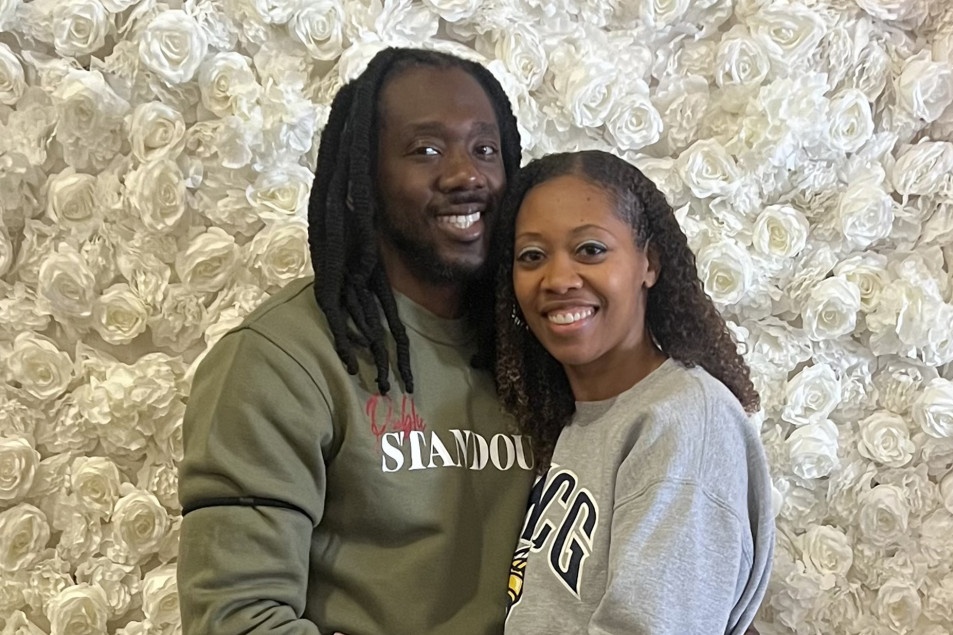Think back to your teenage years. Did you feel awkward, especially given the changes with your body and emotions? Today’s teens are no different. They are quiet, forgetful and sometimes even surly. They consume large amounts of food and sleep all the time. If I sound like I know them well, I do. I have two teenagers in my home and I have to remind myself daily that they are not little adults. They are experiencing monumental changes that affect their interactions.
The physical changes are obvious. They gain weight and seem to be sprouting up at superhuman rates.
Just like their bodies, teenagers’ brains are also still under construction and not fully developed. In fact, several studies indicate that teenagers’ brains “are not fully developed until late in adolescence.” The neurons are literally not connecting. This under-construction phase is a challenging time for teens and sometimes the entire family. Both of my teens make decisions that are not based on logic, experience or common sense. Mind you, they are not bad decisions, just not well thought out.
Now that we are clear about what is going on, let’s look at how we can assist with this transition into adulthood.
Help them to make healthy choices about the foods they eat. Anyone who has been in contact with a teenage boy knows the struggle of keeping them full. Foods with more fiber keep them full longer. Make sure they keep the sweet foods and carbs, including drinks, chips, crackers, pasta and bread, to a minimum, as this can affect acne. Suggest calcium-rich foods, like collard greens, cheese, yogurt and fortified cereal, to support strong bones. Building strong bones now can prevent bone loss later in life and decreases the chances of osteoporosis. Currently, I buy two gallons of milk per week and a large box of fortified cereal. They are happy and so am I.
Ensure that they are getting enough sleep. More sleep is required to do the heavy lifting of adolescence. Research suggests teenagers need an average of nine-and-a-half hours of sleep.
Finally, keep trying. A good friend advised me to continue to plant the seeds with my teenagers. She insists that one day the seeds will take root and grow.
I had to pause and reflect on the number of times my own great-aunt told me the same things over and over. As much as I hate to admit it, I remember the signs of adolescence I now see in my own son and daughter.
To all of us helping teenagers make it to young adulthood, take a deep breath, keep up the good work and remember, one day, the seed will take root and the plant will grow.





